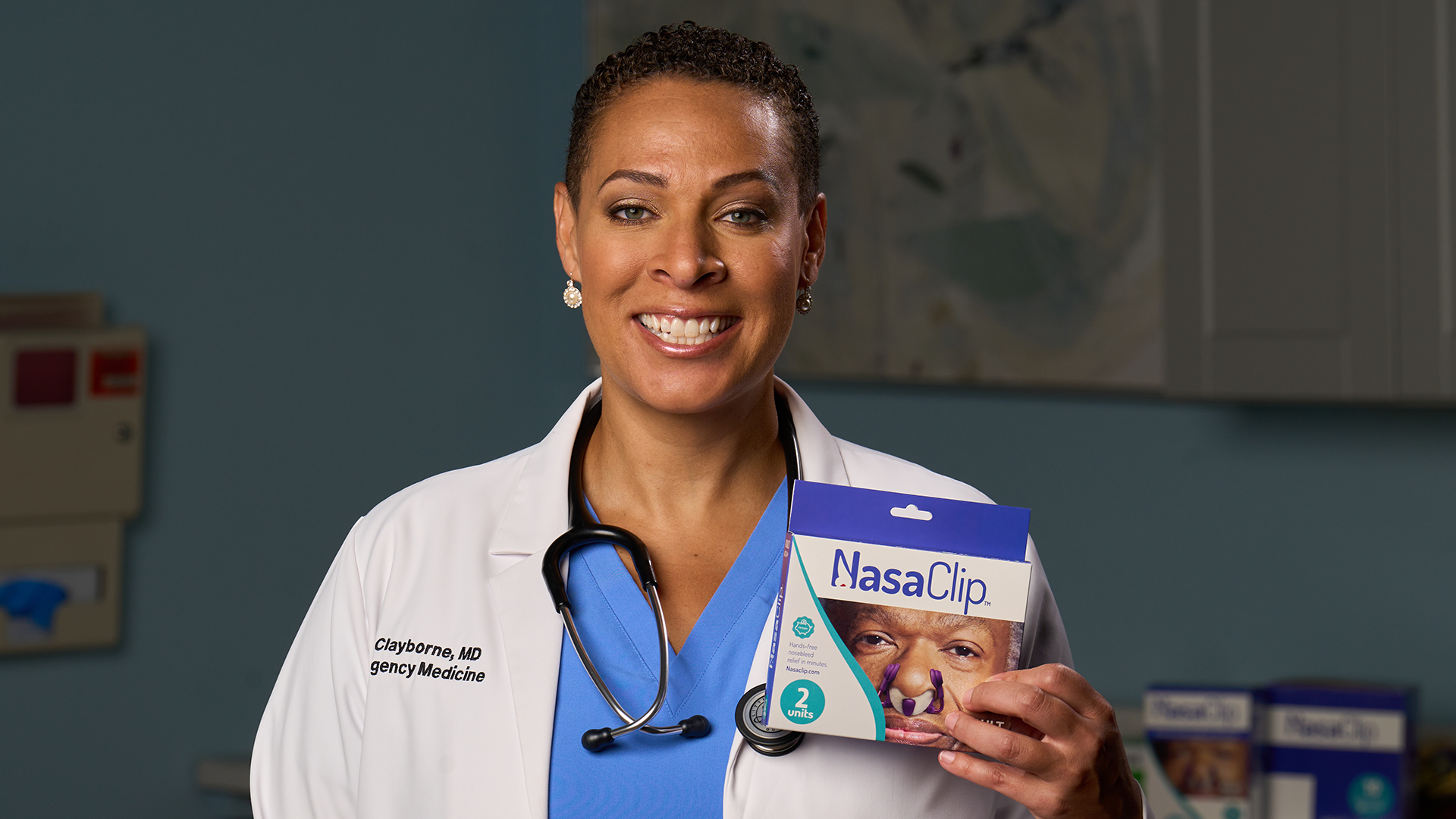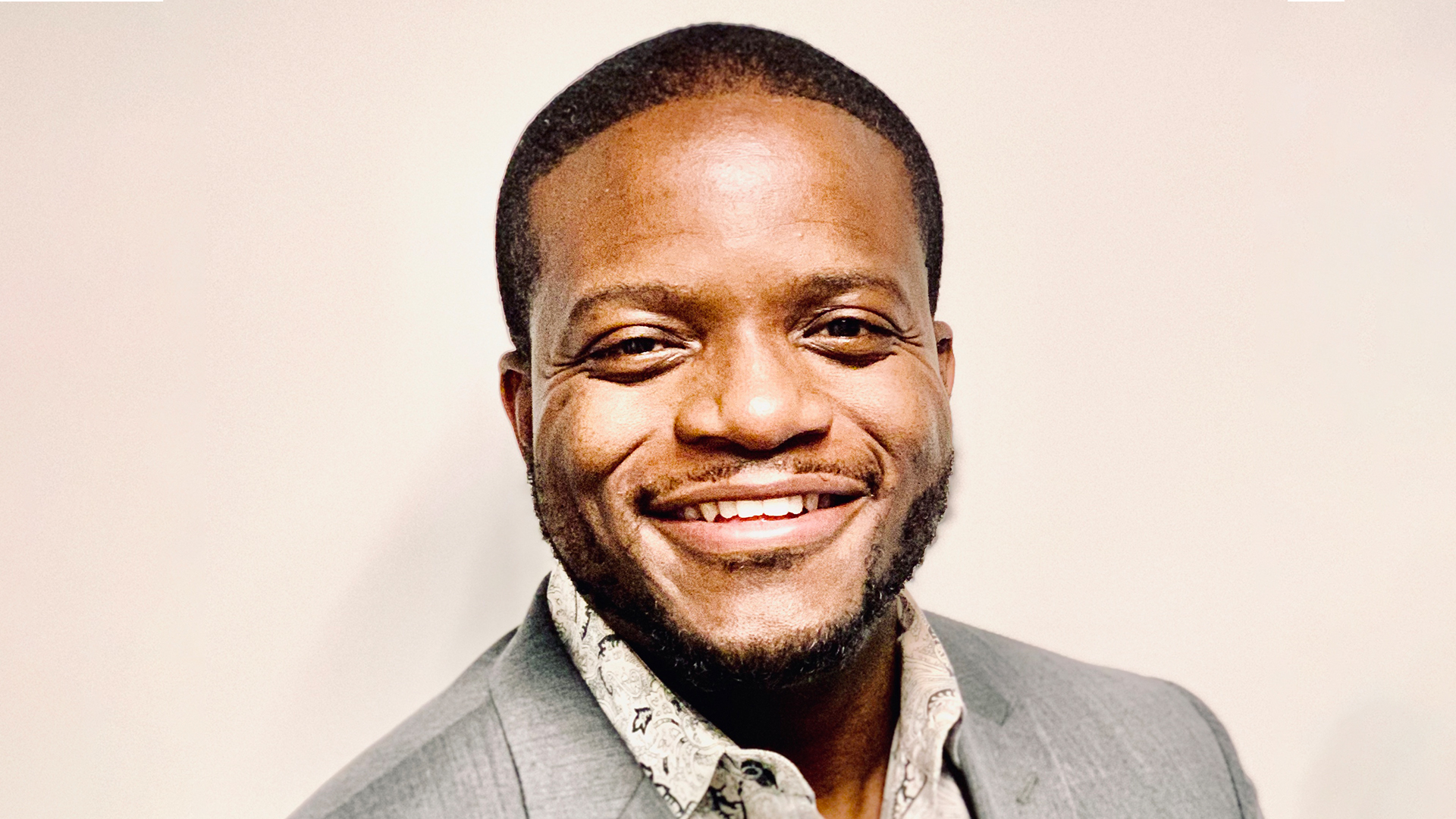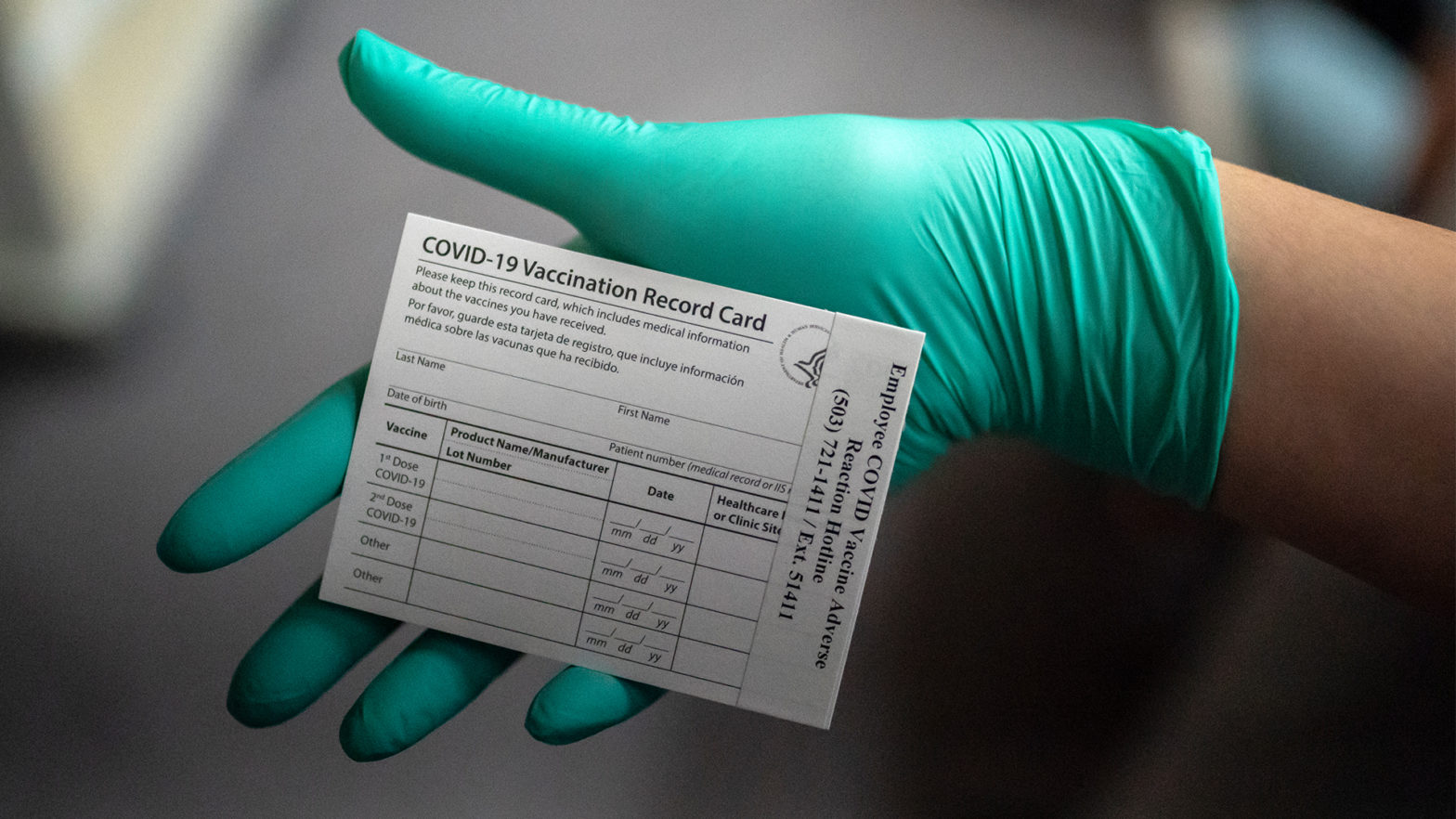Showing 415 results for:
medical
Popular topics
All results

Founder Erica Plybeah responded to an inconvenience with an innovative solution that improves the quality of life for patients needing medical transport. Established in 2017, she launched MedHaul to provide safe and reliable non-emergency medical transportation to individuals, regardless of their needs, per her LinkedIn. The company was inspired by her personal challenges in finding dependable transportation for her grandmother’s medical appointments in Memphis, TN, according to its website. Her grandmother has type-2 diabetes with a double-leg amputation. Living in an underserved area also limited access to transportation, and Plybeah wanted to lower this barrier for others, which motivated her to establish MedHaul, a company that works alongside healthcare facilities, research facilities, and community organizations to ensure people have access to medical transportation. Its technology is also helpful for healthcare providers to book medical transportation appointments that can...

Lady London chose to pursue rap after being accepted into medical school. While speaking on Revolt’s podcast, “The Blackprint,” the rapper born Zaire Miylaun Stewart reflected on the pivotal moments that led to her transition into music. She boasts two degrees, starting with a bachelor’s from Howard University, where she double-majored in sports medicine and chemistry. Lady London holds her time at the Historically Black College and University in high regard. “I was a rambunctious teenager. I went away to school because I was always told I had to go to school..and if I was going to be a part of community it had to be the Black community. So I went to a HBCU. I wanted educational goals but I didn’t think I would come out with so much experience of life. I know there’s like this whole thing where they say like ‘PWIs are the real reality of school because 72% of the world is white. The reality is if you learn how to make it in these communities and at Howard, if you can make it at...

Dr. Elizabeth Clayborne is gaining traction in the investment world for her medical device known as the “Band-Aid for nosebleeds.” As AFROTECH™ previously reported, Dr. Clayborne is the founder of NasaClip, which was inspired by her time in residency in Washington, DC. Various patients were coming into the emergency room for an issue professionals in the medical field described as a “lower acuity issue.” “Nosebleeds are most common in kids age 2 to 10, older adults 55 to 80, who might be on blood thinners, it’s really the least likely population to manage it well. So when they can’t get that bleeding to stop, they show up to me in the ER, and they want me to treat them right away. They’re bleeding all over the waiting room demanding to be seen. But for us as ER docs, this is a lower acuity issue, but it happens to be really kind of time-consuming and cumbersome to deal with,” she said over a Zoom webinar held on Oct. 31, 2024. She continued, “I was frustrated as a resident. Often...

Historically Black Colleges and Universities ( HBCUs ) have long played a vital role in training and empowering Black medical professionals. Offering a strong academic foundation, supportive environments, and access to hands-on experience, HBCU medical schools continue to be instrumental in bridging healthcare disparities and diversifying the medical field. This article highlights some of the top HBCU medical schools in the country that are renowned for their academic excellence, resources, and commitment to serving underserved communities. Howard University College Of Medicine Located in Washington, D.C., Howard University College of Medicine is one of the most prestigious HBCU medical schools. Founded in 1868, it has a longstanding tradition of training African American physicians, researchers, and other healthcare professionals. The school offers programs in medicine, surgery, and research, with a strong focus on treating underserved communities. Howard is known for producing...

HBCU alum Dr. Anthony Harris is leading the future of medicine at Amazon. From An HBCU To Disrupting The Medical Space Dr. Harris, a 2002 graduate of Florida A&M University with Senegal roots, had early intentions of improving the healthcare industry. According to information shared with AFROTECH™, he even filed his first patent, a biomedical device, while in college. Upon receiving his undergraduate degree, he transitioned to a five-year dual degree program at Indiana University, obtaining a doctor of medicine degree and an MBA, his LinkedIn mentions. He also wore the hat of student body president at the university, becoming the first Black individual in this post. Harris’ early career trajectory led him to work in general surgery for 10 months, and then he pivoted into entrepreneurship. 2009 marked the launch of one of his first companies, Adroit Motion, which offered an articulating hand instrument with ergonomic hand control for minimally invasive surgery. That same year,...

Historically Black Colleges and Universities (HBCUs) need money to continue to bring quality education to their students. Fortunately, well-known companies are donating to these programs that serve Black students, non-Black students of color and white students. Among these HBCU industry supporters are Boeing , Northrop Grumman Corporation , IBM , Microsoft Corporation and General Motors . Government and nonprofit HBCU supporters include NASA , the Air Force , the Army Corps. , the Navy and the U.S. Department of Defense . And while all HBCU programs are significant, there’s a particularly notable number of doctors who come from HBCUs. The National Center for Education Statistics reports that, in 2021-22, 61% of the 3,000 doctor’s degrees were awarded by HBCUs. Here’s our list of companies that support HBCU medical undergrad programs. UMG Supports HBCU Medical Programs Universal Music Group (UMG) has partnered with HBCUs to further open the pipeline of Black medical practitioners....

While working in the emergency room, Dr. Elizabeth Clayborne’s observation led her to create a medical device. NasaClip During her residency in Washington D.C., Clayborne noticed a surprising number of people coming to the emergency room (ER) with nosebleeds. Clayborne found this issue’s prevalence unexpected, as medical professionals consider it a “lower acuity issue.” She soon considered ways to assist patients with this medical condition and recognized technology could bridge the gap. Clayborne created NasaClip in 2015 after completing her residency. Its first prototype, described as the Band-Aid for nosebleeds, would launch to market in the years following. “The problem was we didn’t have anything to give patients in the waiting room… something to stop their nose bleeding,” Clayborne said during an interview with AFROTECH™. “So, I was always taping together tongue depressors to make a clip. And I realized like, ‘Why am I doing this? Why do I have to maneuver together some...

A new health clinic has opened in Michael Jordan’s hometown of Wilmington, NC, following a generous donation by the NBA legend. As AFROTECH™ previously reported, Jordan had donated $10 million in 2022 to support the development of medical clinics to the regional healthcare system Novant Health, which will offer its services to both uninsured or underinsured residents of New Hanover County in North Carolina. Prior to May 8, 2024, two clinics had been opened to families in town, with two others in Charlotte, NC. Speaking on its impact, residents who have “never had a primary care provider before” have “praised the clinic teams for helping restore health and a sense of hope,” according to a press release, People reports. Now, the clinic will be extending its impact in light of a third Wilmington clinic, which includes 12 patient rooms. The Novant Health Michael Jordan Family Medical Clinic has opened on Greenfield Street with the goal of bringing “much-needed comprehensive primary care...

The implementation of diversity, equity, and inclusion (DEI) at medical schools is currently in danger. In March 2024, Congressman Greg Murphy (R-NC) introduced the Embracing anti-Discrimination, Unbiased Curricula, and Advancing Truth in Education (EDUCATE) Act. The proposed bill aims to prohibit race-based mandates at medical schools and accrediting institutions, per a news release. In addition, it would stop federal funding to medical schools that “discriminate” against races and ethnicities, have DEI offices, and “force” students and school faculty to assimilate to particular beliefs. “American medical schools are the best in the world and no place for discrimination,” Murphy shared in a statement. “The EDUCATE Act compels medical schools and accrediting agencies to uphold colorblind admissions processes and prohibits the coercion of students who hold certain political opinions. Diversity strengthens medicine, but not if it’s achieved through exclusionary practices. Medicine is...

The woes of the American health system have reached one of its former leaders after he received a high medical bill following a visit to the emergency room. According to Fortune, Dr. Jerome Adams, the former 20th U.S. surgeon general and Purdue University’s health equity initiatives director, took to social media platform X (formerly known as Twitter) to share the details of his medical trip to an out-of-town ER facility in Scottsdale, AZ, due to dehydration. The trip resulted in a hefty post-insurance bill. “Yes, folks. THIS is America. Land of the free, and home of the medical bankruptcy,” Dr. Adams told the outlet about the posted photo of the bill. The medical invoice ultimately totaled $4,896.43 after he underwent a few lab tests and three intravenous (IV) bags during his visit, though it’s unknown what was being administered to him in the IV. What’s more, he mentioned that he opted for monthly payments to tackle the large bill, but Dr. Adams knows this is not always an option...




